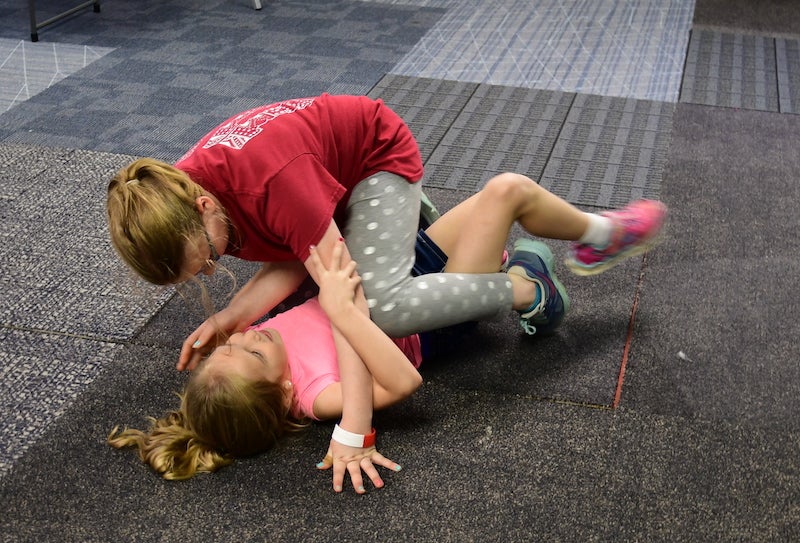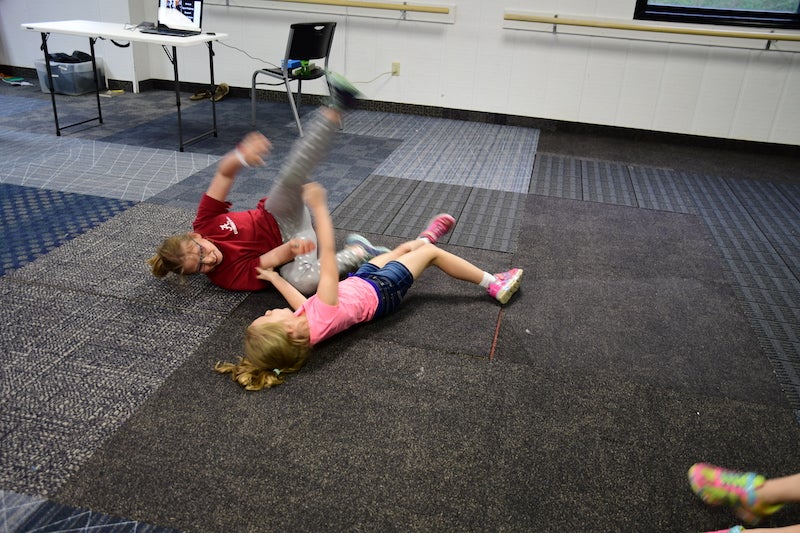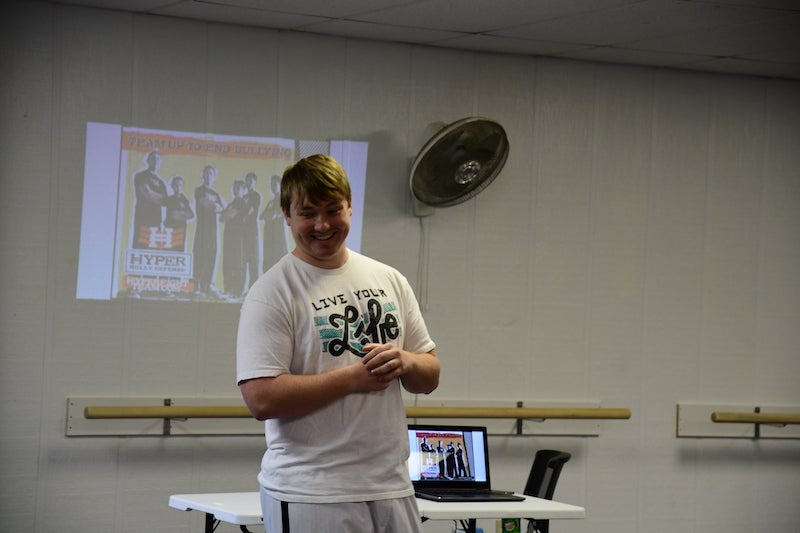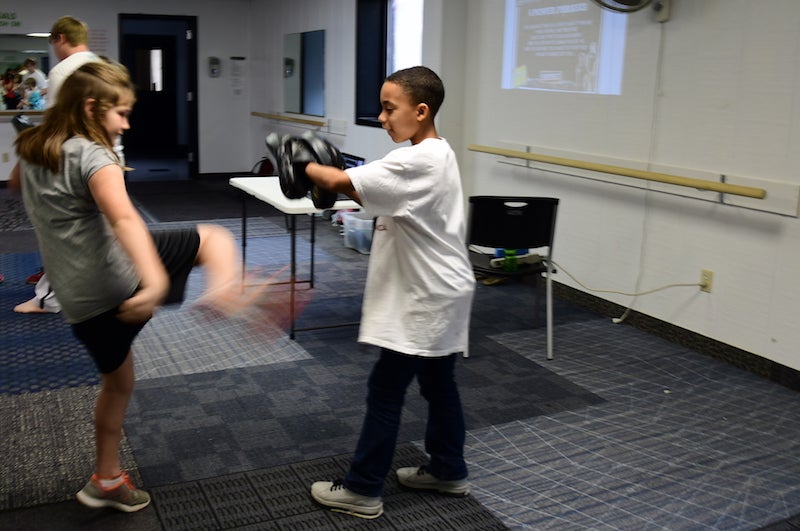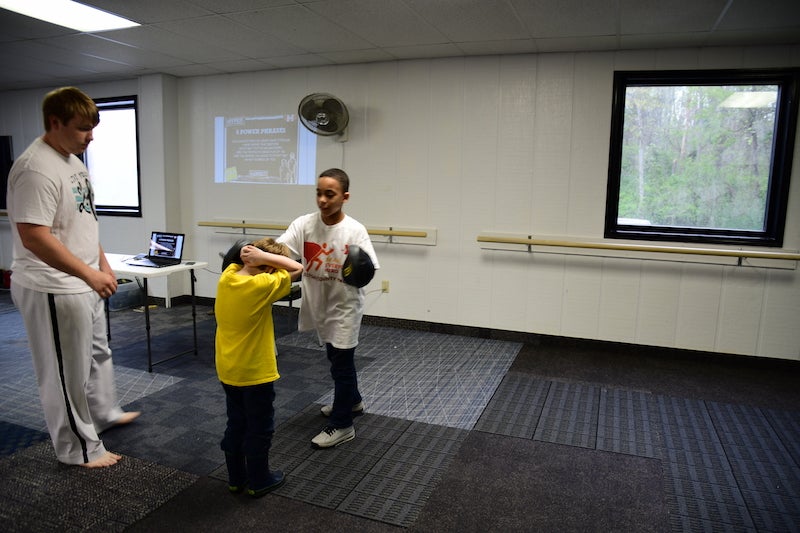Program highlights defense against bullies
Published 11:05 am Friday, March 31, 2017
By JOYANNA LOVE/ Senior Staff Writer
CLANTON — Chilton County students attending the YMCA’s Spring Break Camp learned how to defend themselves against bullies, while respecting others during the HYPER Bully Defense program.
“The HYPER Bully Defense program is provided to Martial Arts schools, Martial Arts instructors, and it gives us tools to teach bully defense,” Sean Gilham of Impact Martial Arts said.
Gilham said giving the presentation was important to him because he was a victim of bullying when he was in school.
“I experienced bullying when I was growing up. I moved from a small town like Clanton … to Hoover in the fourth grade, which is where the bullying really begins,” Gilham said. “Martial Arts really helped me out with my self-confidence and self-defense … Kids need confidence they need to be educated on bullying, so they don’t bully and so if they are being bullied they know how to deal with it.”
According to the HYPER Bully Defense program, one in four students experience some type of bullying. The program estimates that 100,000 in the United States will skip school to avoid bullying.
The program covered how to respond to the four different types of bullying: verbal, social/emotional, cyber and physical.
Gilham said 80 percent of bullying incidents are verbal bullying. To counter this, Gilham taught students six power phrases. The first, “No one can take my spirit [self-confidence] away from me,” is for students to say to themselves. Other phrases were to be said to the bully, including “I’ve heard that before,” “Don’t say that to me again,” “Are you trying to make fun of me?” “Are you saying you want to fight me?” and “I’m not sacred of you.”
The instructor emphasized being assertive because the point is to take power away from the bully.
Gilham said asking, “Are you trying to make fun of me?” is important because sometimes a student does not realize how they are making the other person feel, and will stop after they realize they are hurting the other person’s feelings. Asking “Are you saying you want to fight me?” can end a confrontation with a bully who does not want to get physical.
For those bullies that do get physical, students were taught how to protect their head, push a bully away from them and how to get a bully off of them if they have pushed them to the ground.
“Cyberbullying is bullying on the computer, on Facebook, Instagram [any social media and] text messages,” Gilham said.
He emphasized that there are things people will say through electronics that they would not say if they were face-to-face with the person.
Social/emotional bullying was defined as excluding someone from a group. Gilham said girls usually experience and participate in this form of bullying more than boys.
Students were encouraged to notify three different adults, such as parent, teacher and principal, whenever bullying occurs.



